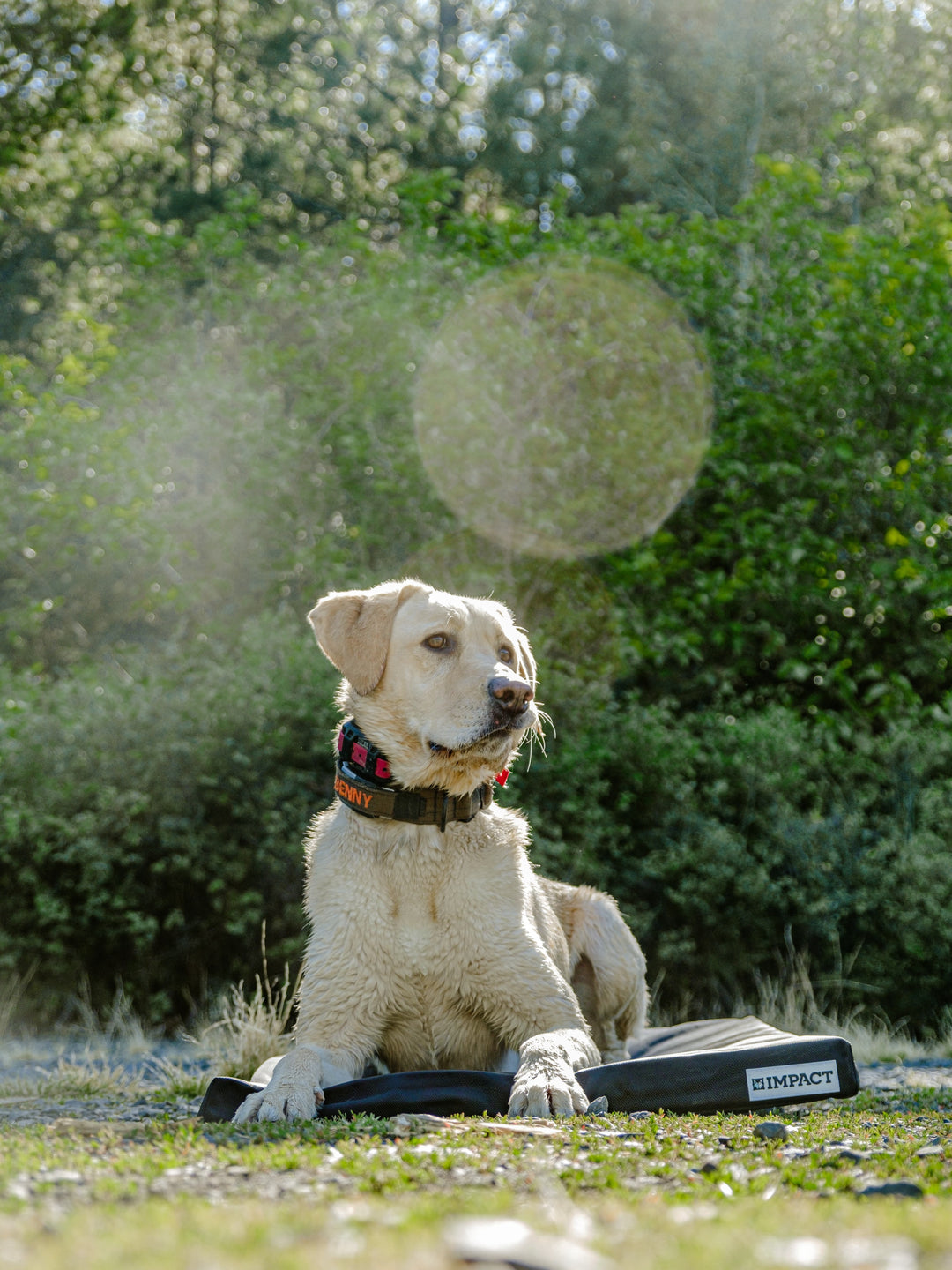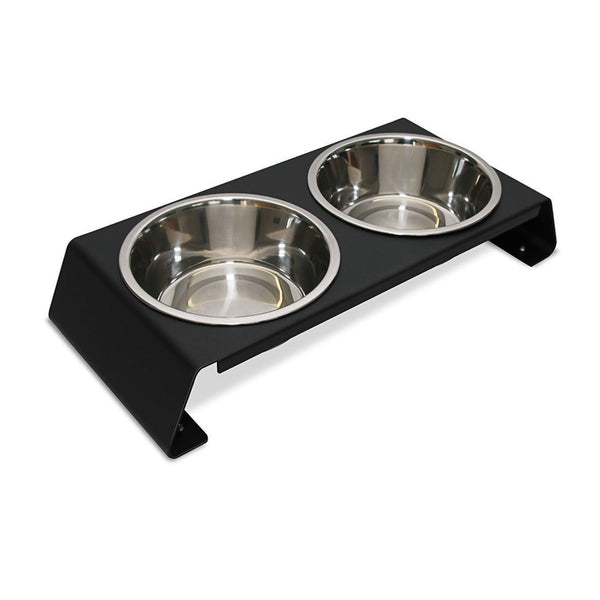Iris cysts are tiny, fluid-filled sacs located on or near the iris, the colored part of your dog's eye. These cysts can either move freely inside the eye or remain attached to the iris or other structures. Most of the time, they are harmless and do not cause any problems. However, in some cases, they can lead to complications or affect your dog’s vision.
Symptoms and Types to Watch For
Iris cysts can vary widely in size, shape, and appearance. They may look like small bubbles or dark spots in the eye, and they are often easier to see when your dog is in bright light. Iris cysts can appear in one or both eyes. While many pets live comfortably with them, in rare cases, the cysts may:
-
Hinder vision if they are large or if several cysts cluster together
-
Increase eye pressure
-
Irritate nearby eye tissues
Because the severity can vary, it is important to have a veterinarian fully assess the situation.
What Causes Iris Cysts
Iris cysts can form for different reasons:
-
Congenital causes: Some dogs are born with a predisposition to develop cysts based on how their eye structures formed.
-
Acquired causes: Cysts may also develop later in life due to inflammation, trauma, or eye infections.
Breed Predisposition
Certain dog breeds are more likely to develop iris cysts. Larger breeds are especially prone. Common examples include:
-
Golden Retrievers
-
Boston Terriers
This does not mean every dog of these breeds will develop an iris cyst, but it does suggest that owners should stay a little more vigilant.
How Iris Cysts Are Diagnosed
Most veterinarians can spot iris cysts during a routine eye exam. Your veterinarian might:
-
Use an indirect ophthalmoscope to get a closer view
-
Check your dog’s eye pressure
-
Perform an ultrasound to better understand the cyst's size and location
These diagnostic tests are gentle, non-invasive, and should not cause your pet any pain.
Treatment Options
Typical Cases
In most cases, no treatment is needed. As long as the cysts are not affecting your dog’s vision or causing discomfort, your veterinarian will usually just monitor them during regular checkups.
More Serious Cases
If the cysts cause irritation or interfere with vision, your veterinarian may recommend treatment options such as:
-
Medication: Eye drops to reduce inflammation or control eye pressure
-
Surgery: Laser treatment or other surgical techniques to remove the cysts when necessary
Your veterinarian will carefully explain all available options and will only suggest treating the cysts if it is truly necessary for your dog's comfort and health.
When in Doubt
If you notice any changes in your dog's eyes or suspect an iris cyst, reach out to your veterinarian. A quick evaluation can give you peace of mind and help your dog stay healthy, happy, and comfortable.
https://www.petmd.com/dog/conditions/eyes/c_dg_iridociliary_cysts_dog_eye_problem













